Newfoundlands are majestic, gentle giants known for their impressive size, strength, and kind nature. Originating from the Canadian province of Newfoundland, these working dogs were bred to help fishermen haul nets and perform water rescues, a testament to their incredible swimming abilities and courageous temperament. With their thick, water-resistant double coats and webbed feet, Newfoundlands are well-suited to cold climates and water work. Beyond their working capabilities, Newfoundlands are cherished for their calm disposition and loyalty, making them excellent family pets. For those drawn to Newfoundland’s unique blend of brawn, bravery, and tenderness but curious about similar breeds—whether it’s their capacity for work, love for water, or gentle nature—several breeds share these admirable qualities. This article explores 10 dog breeds similar to Newfoundlands, focusing on their physical attributes, temperament, and why they might be a fitting choice for enthusiasts of this noble breed.
1. Saint Bernard
Saint Bernards are iconic rescue dogs originally bred for search and rescue in the Swiss Alps. Like Newfoundlands, they are massive, with a gentle demeanor and a strong instinct to help. Saint Bernards possess a thick coat that keeps them warm in harsh conditions, and though they are not as adept swimmers as Newfoundlands, their strength and endurance in cold climates are unparalleled. They are known for their patience and affection towards children, making them excellent family companions for those seeking a breed with similar protective and nurturing qualities.
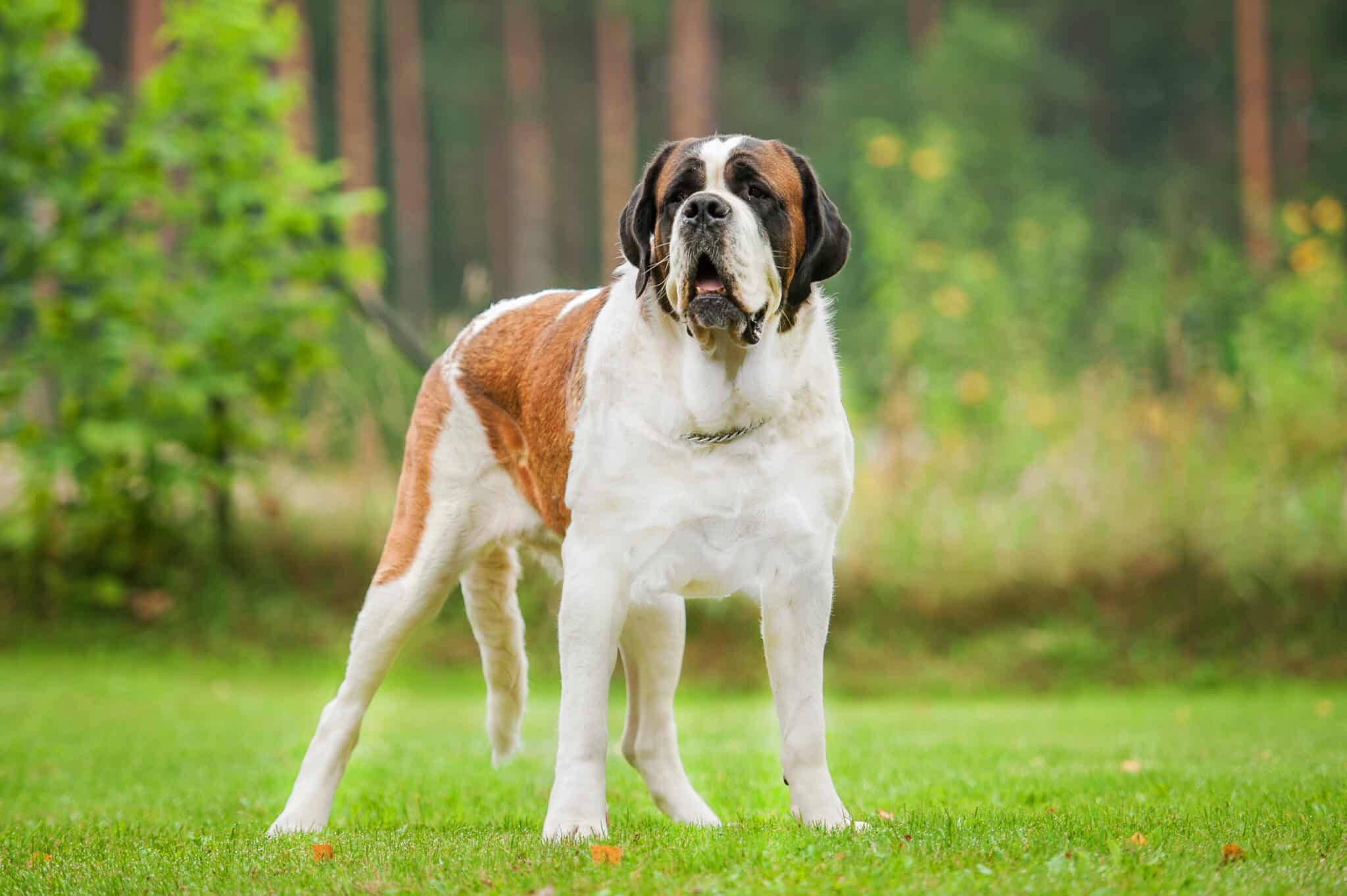
2. Leonberger
Leonbergers are large, majestic dogs sharing Newfoundland’s love for water and strong swimming capabilities. Bred as a symbolic resemblance to the lion in the town crest of Leonberg, Germany, they have a friendly and gentle temperament. Leonbergers are versatile, excelling in water rescue, therapy work, and as loyal family pets. Their thick coat and sturdy build make them well-suited to outdoor activities in various climates, appealing to families who admire Newfoundland’s robust nature but are looking for a breed with a different historical background.
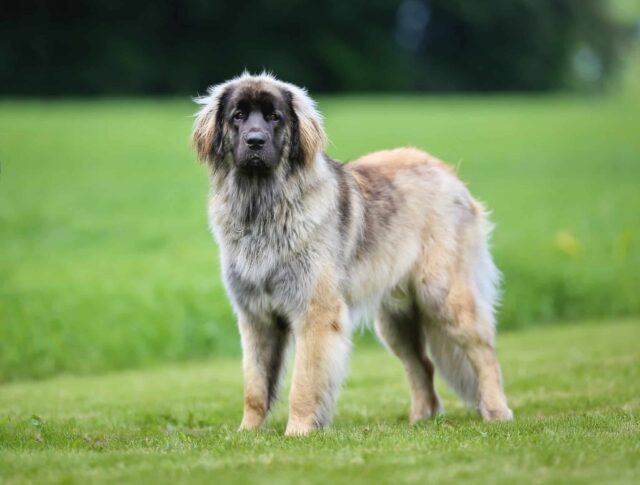
3. Bernese Mountain Dog
Bernese Mountain Dogs, originating from Switzerland, are known for their striking tri-colored coat, strength, and agility. While they are more commonly associated with herding and draft work than water rescue, Bernese Mountain Dogs share the Newfoundland’s calm and friendly nature. They are excellent companions, protective of their families, and good with children. Bernese Mountain Dogs thrive in colder climates due to their thick fur and enjoy participating in outdoor activities, making them a great choice for those seeking a versatile and affectionate giant breed.
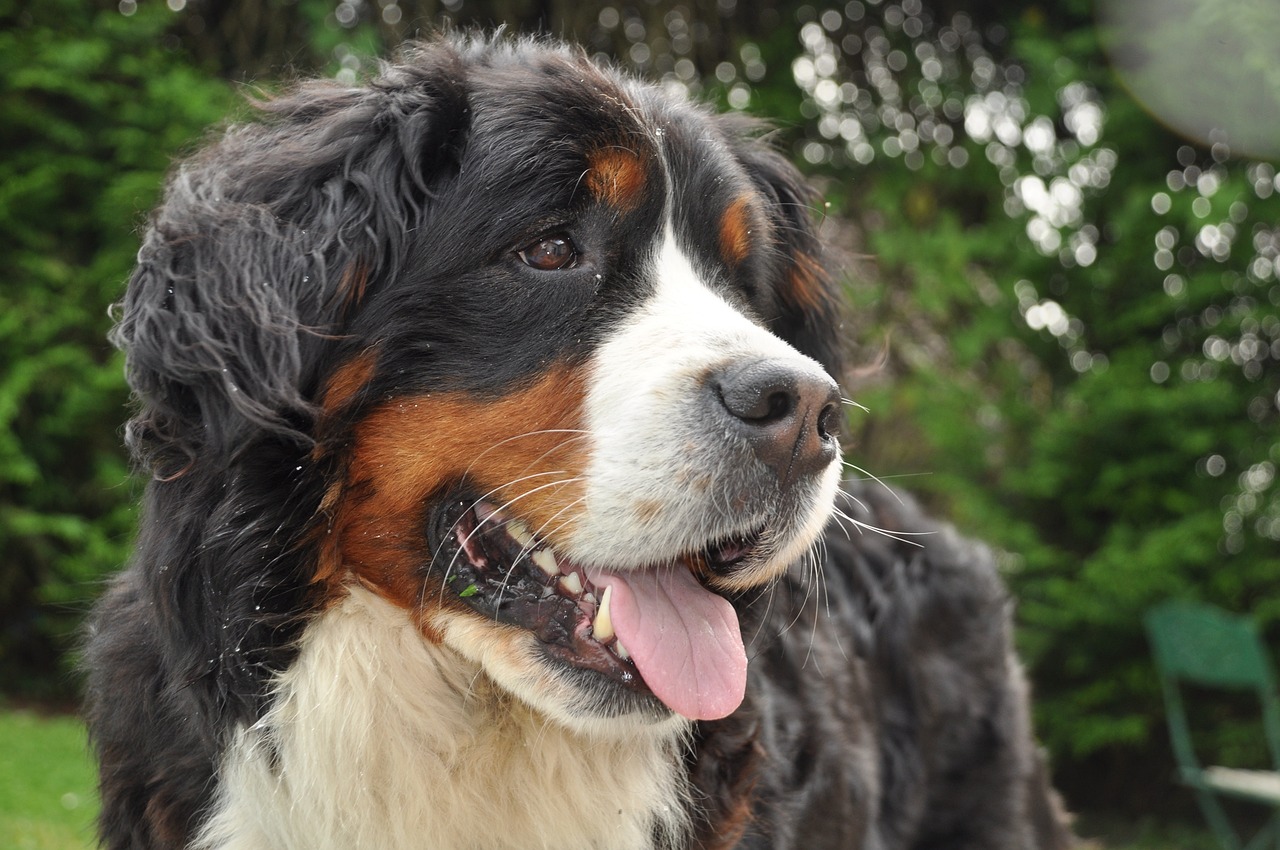
4. Alaskan Malamute
Alaskan Malamutes, one of the oldest Arctic sled breeds, are known for their endurance and strength. While they are more independent and possess a stronger prey drive than Newfoundlands, Malamutes share the same robust build and thick coat that equips them for harsh, cold environments. They are loyal and affectionate with their families and make excellent working dogs. For those attracted to the Newfoundland’s physical capabilities but interested in a breed with a more independent nature, the Alaskan Malamute is a worthy consideration.
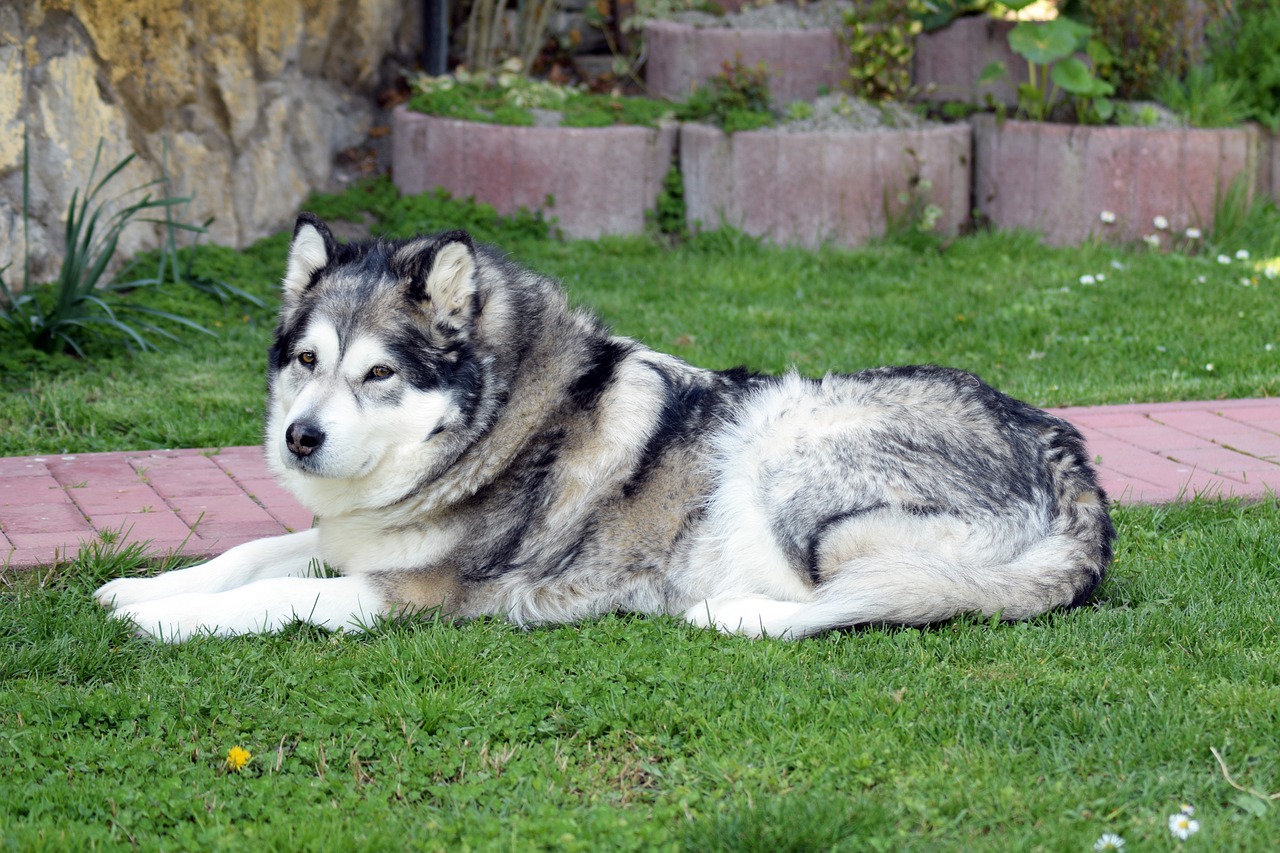
5. Great Pyrenees
Great Pyrenees dogs are known for their size and calm, watchful nature. Bred to guard livestock, they share the Newfoundland’s protective instincts and gentle demeanor with family. Their thick, white coat provides insulation against cold weather, and while they are less inclined to water work, their strength and patience make them excellent companions. The Great Pyrenees is suited to those who appreciate the Newfoundland’s temperament but require a breed with strong guarding instincts.
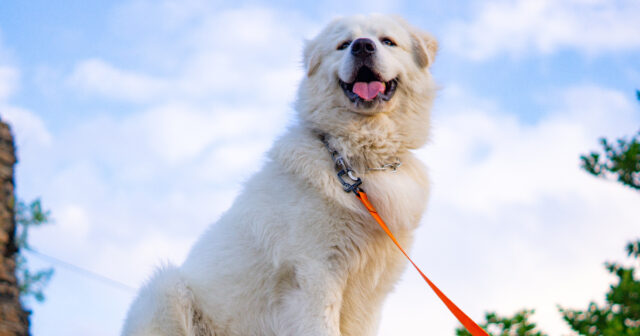
6. Labrador Retriever
Labrador Retrievers, one of the most popular breeds in the United States, share the Newfoundland’s affinity for water and strong swimming ability. Labs are smaller but possess a friendly, outgoing nature and are highly trainable. They are excellent family pets, known for their loyalty and affection towards children. Labs are versatile, excelling in roles ranging from assistance dogs to participating in search and rescue operations. The Labrador Retriever is an ideal choice for families seeking a breed with similar qualities to the Newfoundland but in a more manageable size.
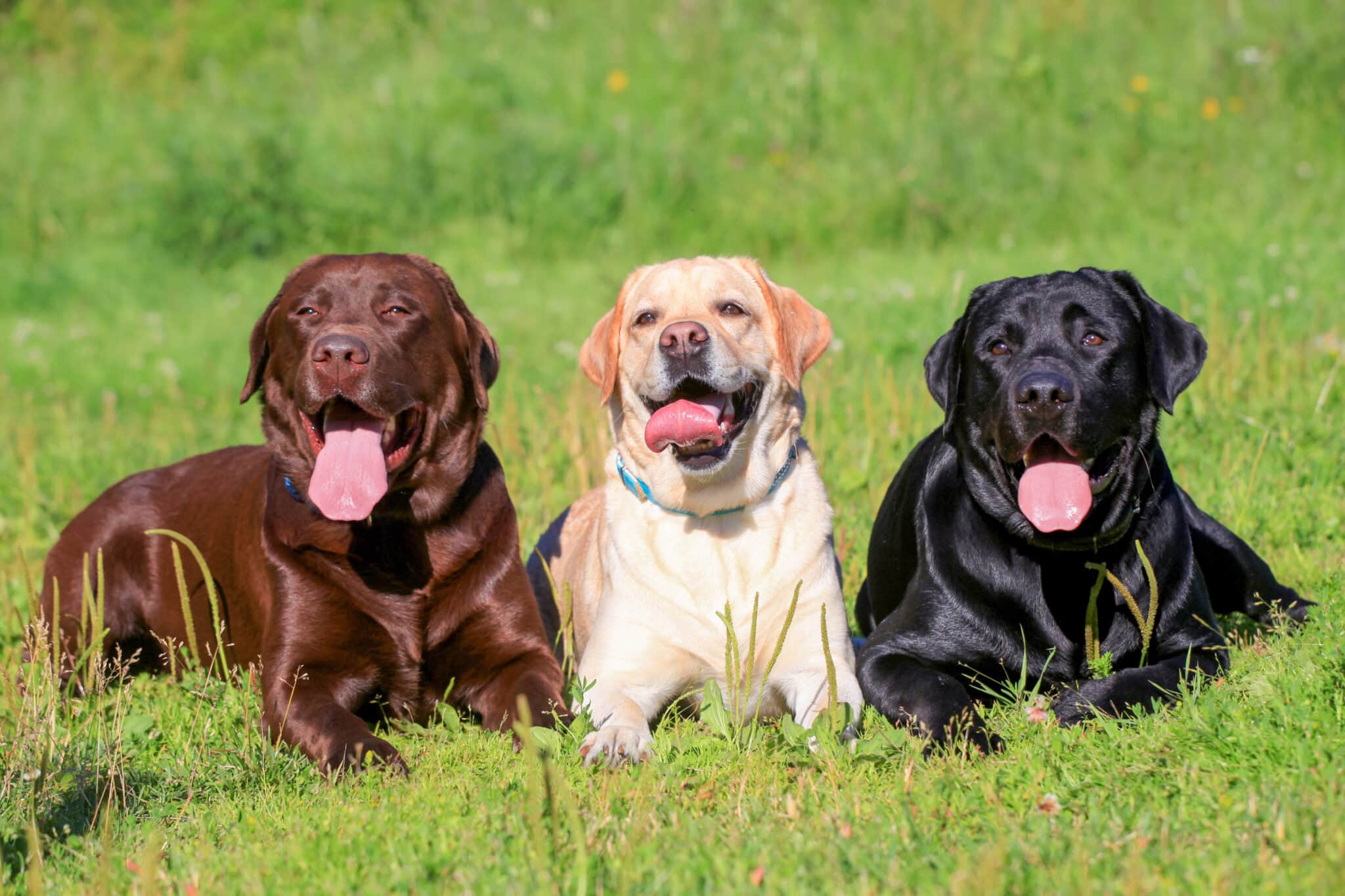
7. Golden Retriever
Golden Retrievers are another breed renowned for their friendly, tolerant attitude and versatility. Sharing the Newfoundland’s love for water, Goldens are adept swimmers eager to please, making them excellent at water sports and rescue work. They have a dense, water-repellent outer coat and a luscious undercoat, requiring regular grooming. Golden Retrievers are gentle with children and make loyal, devoted family pets for those looking for a breed with a similar disposition to Newfoundlands but with a different coat color.
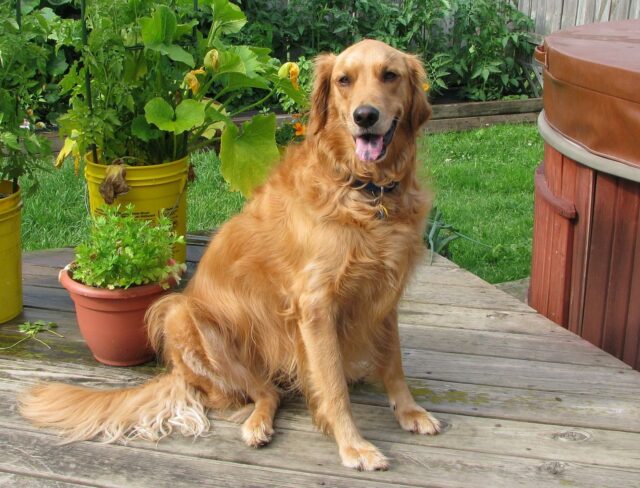
8. Irish Wolfhound
Irish Wolfhounds, known for their towering height and noble demeanor, are among the tallest dog breeds. While they were originally bred for hunting wolves, they share Newfoundland’s gentle nature, especially towards family. Their rough coat offers protection against the elements, and though they are not as fond of water, their calm and friendly temperament makes them excellent companions. Irish Wolfhounds are suited to those drawn to the gentle giant aspect of Newfoundland but interested in a breed with a unique historical purpose.
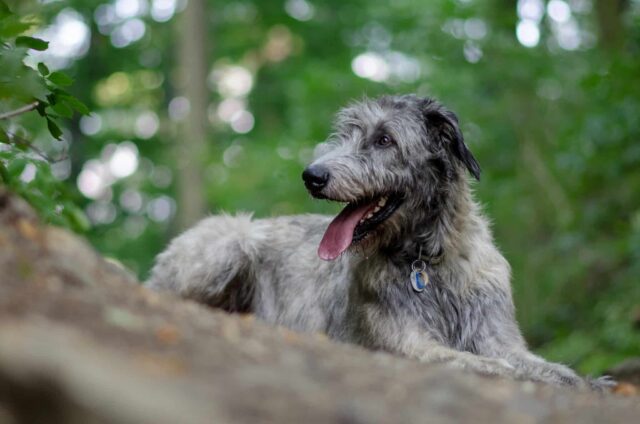
9. Mastiff
Mastiffs are massive dogs known for their impressive size and gentle temperament. They share Newfoundland’s protective nature and loyalty towards their families. Mastiffs are less active and have shorter coats but possess a similar calm and affectionate demeanor. They are excellent guardians of their home and are gentle with children, making them a great choice for those seeking a breed with the Newfoundland’s protective qualities in a different physical form.
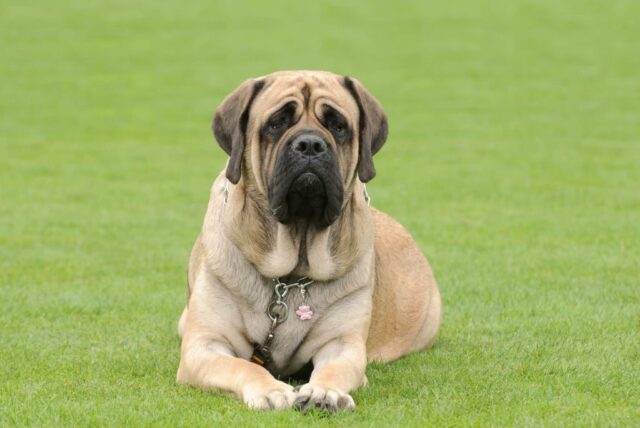
10. Portuguese Water Dog
Portuguese Water Dogs were bred to work alongside fishermen, similar to Newfoundlands, and are excellent swimmers with a strong affinity for water. They have a curly, hypoallergenic coat and are known for their intelligence and obedience. Portuguese Water Dogs are energetic and require regular exercise, making them perfect for active families. The Portuguese Water Dog offers a compelling alternative for those interested in a breed with similar working capabilities and a love for water but a smaller size and different coat type.
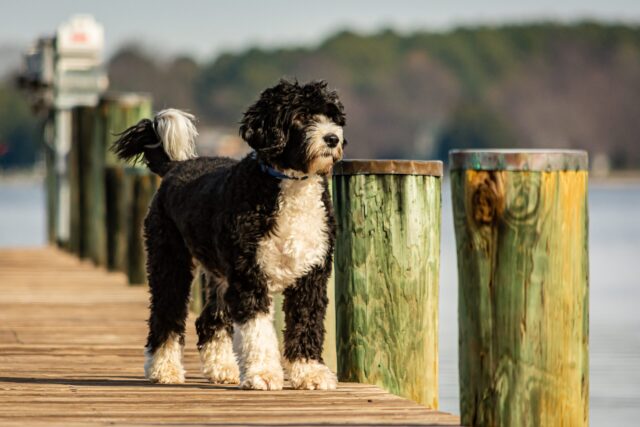
While Newfoundlands holds a special place in the hearts of those who love them for their size, strength, and gentle disposition, several breeds offer similar qualities that make them equally appealing. From the majestic Leonberger to the versatile Portuguese Water Dog, each breed presents an alternative for those drawn to the Newfoundland’s characteristics but seeking different sizes, energy levels, or coat types. Whether you’re looking for a loyal family pet, a capable working dog, or a gentle giant, there’s likely a breed among these ten that will capture your heart and fit seamlessly into your life, embodying the spirit and traits that make Newfoundlands so beloved.
What Are Newfoundlands Like? How Are They Different Than Other Breeds?

 Toledo, United States.
Toledo, United States.